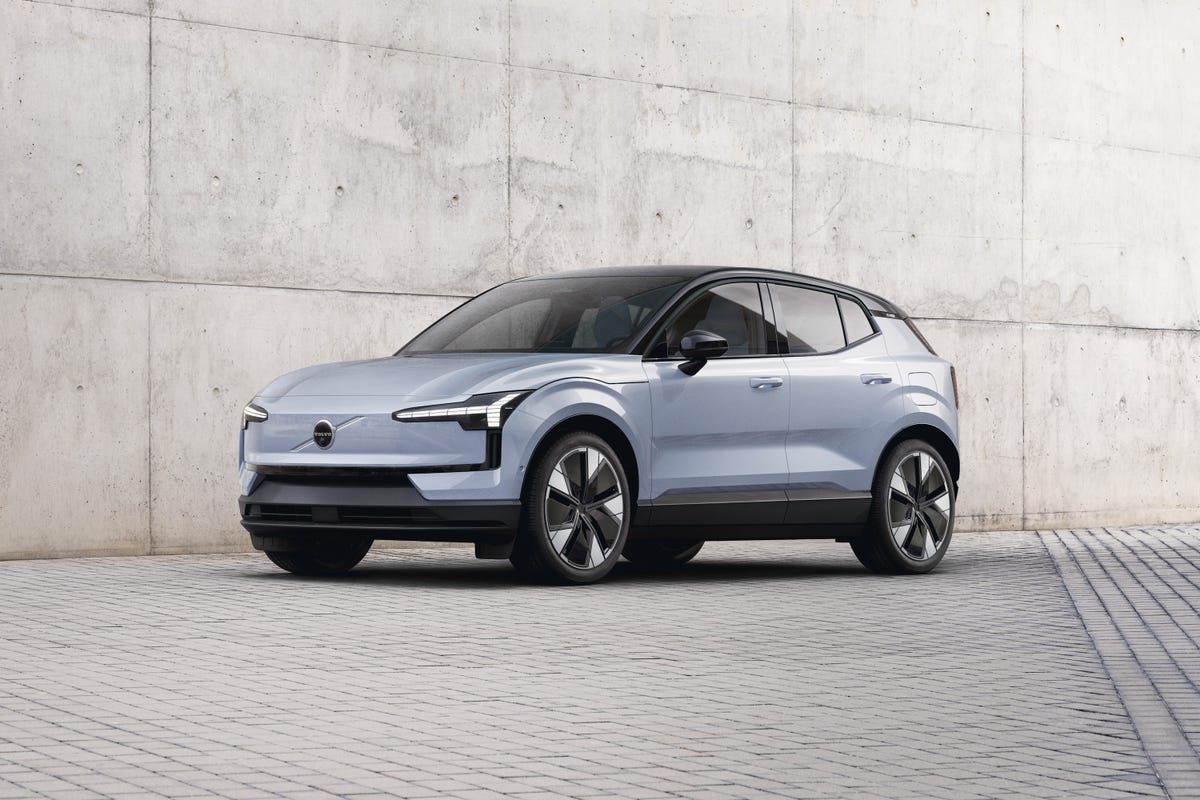Ahlian Jian Insights
Exploring the latest trends and news in various fields.
Charging Ahead: The Surprising Truth About Electric Cars
Uncover the shocking truth about electric cars! Discover what’s really driving the EV revolution and why you should care.
What Are the Real Environmental Benefits of Electric Cars?
The shift towards electric cars has garnered significant attention as a promising solution to combat environmental degradation. One of the primary benefits is the reduction of greenhouse gas emissions. Traditional vehicles powered by internal combustion engines are major contributors to CO2 emissions, which are linked to climate change. In contrast, electric vehicles (EVs) produce zero tailpipe emissions, mitigating air pollution in urban areas. Additionally, as the electricity grid shifts towards more renewable energy sources, the overall carbon footprint of charging electric cars significantly decreases, making them an increasingly eco-friendly transportation option.
Another noteworthy advantage of electric cars is their impact on reducing noise pollution. EVs operate more quietly than conventional vehicles, contributing to a more pleasant driving experience and less disturbance in residential areas. Furthermore, the use of electric cars promotes energy independence by reducing reliance on fossil fuels. As more consumers adopt electric vehicles, there is a potential to decrease demand for oil, leading to improved energy security and stability in energy pricing, benefiting both the economy and the environment.

The Hidden Costs of Electric Car Ownership: What to Know Before You Buy
While the initial price of electric cars may be attractive, many potential buyers overlook the hidden costs associated with ownership. First and foremost, installation of a home charging station can range between $500 to $2,000, depending on the electrical setup of your home. Additionally, insurance premiums for electric vehicles tend to be higher due to their advanced technology and repair costs, which can lead to an increase of 10-30% compared to traditional vehicles. Furthermore, many EVs require specialized maintenance, adding to your long-term expenses.
Moreover, charging costs can accumulate over time. While charging at home is often cheaper than gasoline, fluctuating electricity rates can significantly impact your budget. If you frequently rely on public charging stations, be aware that fees can vary widely, with some fast-charging stations costing up to $0.30 per kWh. It's also worth considering potential battery replacements, which can be quite pricey, averaging around $5,000 to $7,000 after several years of ownership. Understanding these hidden costs is crucial in making a fully informed decision before purchasing an electric car.
Electric Cars vs. Gasoline: Which is Truly Better for Your Wallet?
When comparing electric cars to traditional gasoline vehicles, one of the most significant factors to consider is the overall cost of ownership. Electric vehicles (EVs) generally have lower fuel costs, as electricity is often cheaper than gasoline per mile driven. Additionally, EVs benefit from lower maintenance costs due to fewer moving parts and the absence of oil changes. According to various studies, the average cost to fuel an electric car can be up to 60% less than that of a gasoline vehicle. This means that over time, owners of electric cars can see a substantial reduction in their total operating expenses.
On the other hand, the initial purchase price of electric cars is often higher compared to their gasoline counterparts. While many governments offer incentives and tax breaks to offset these costs, potential buyers should also consider the long-term benefits. Some buyers may find it difficult to justify the upfront investment, despite the savings on fuel and maintenance. Therefore, it's crucial to evaluate both the short-term and long-term financial impacts when deciding between electric and gasoline vehicles. Ultimately, the answer to which is truly better for your wallet depends on your driving habits, local electricity rates, and potential savings from tax credits.